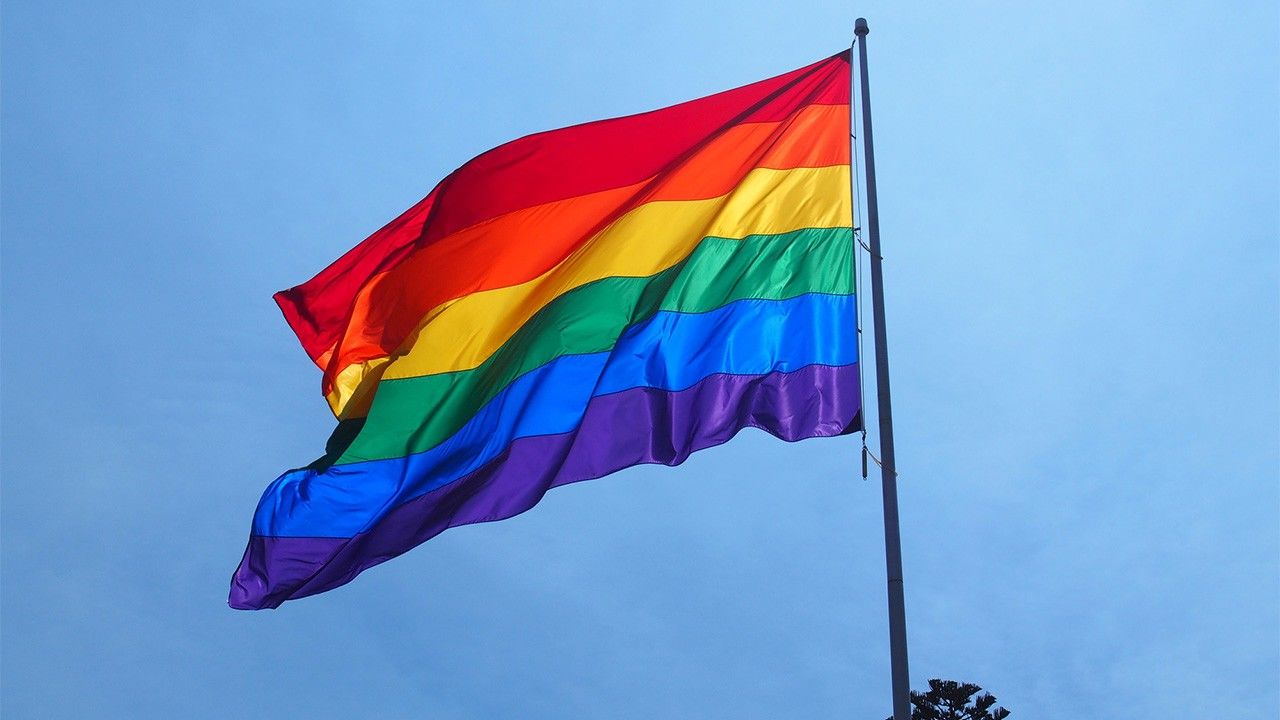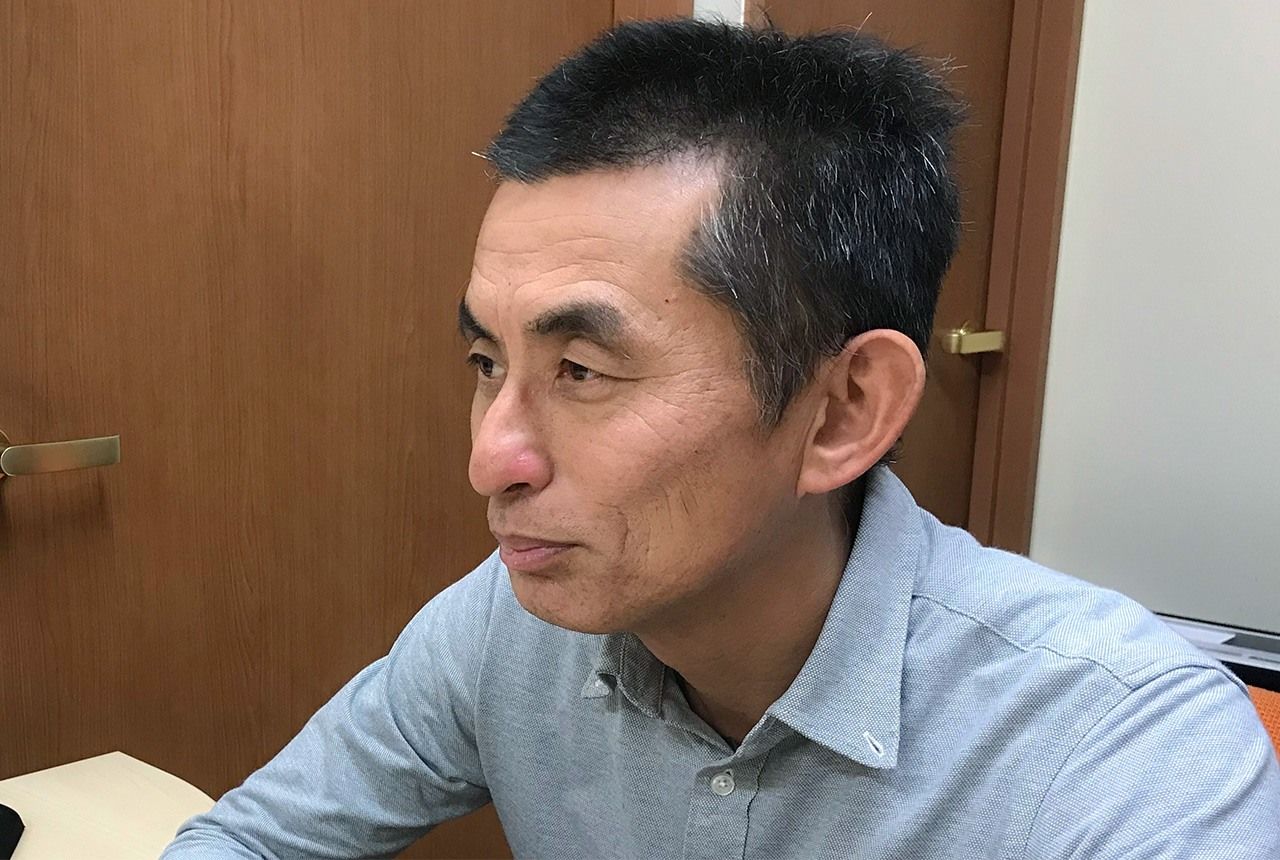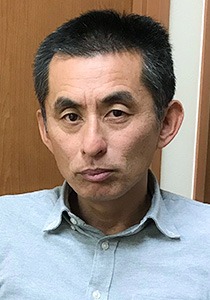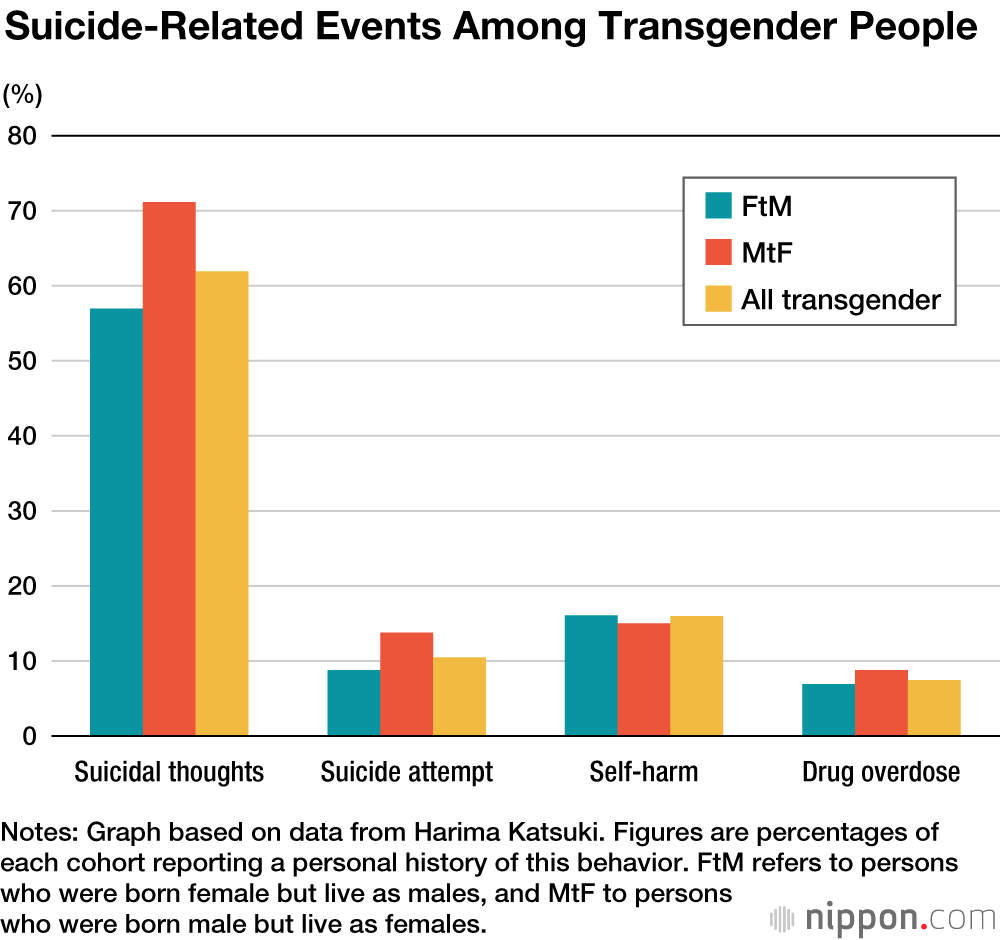
Things to Know About the LGBT Community
Society- English
- 日本語
- 简体字
- 繁體字
- Français
- Español
- العربية
- Русский
Pessimism About the Future
Sugita Mio, a Liberal Democratic Party member in the House of Representatives, made waves with her article in the August 2018 issue of Shinchō 45 in which she claimed that the LGBT community “received too much support.” Similarly controversial was Sugita’s 2015 appearance on a right-wing YouTube channel, during which she slammed as “unjustified” the use of taxes to support “unproductive” gays and lesbians, and even laughed when referring to high rates of suicide among LGBT children.
It goes without saying that suicide rates of any group should never be a laughing matter. As shown in the graph below, the transgender population is marked by a high incidence of suicide-related events.
Harima attributes this to the growing discomfort experienced by transgender youth during puberty due to their changing bodies, an inability to come out to their families, which results in a sense that they do not belong anywhere and therefore feelings of isolation, and bullying at school and in the community.
“Then there is the issue of relationships,” says Harima. “For a romantic advance by a gay man or lesbian to be successful, the other party needs to be attracted to the same sex as well. Transgender people find it hard to form relationships at all, and sometimes when they do find a mate, it is only to be dumped on the grounds of realities beyond their control: They are not a ‘real’ man or woman. They cannot get married. They cannot have children. These transgender people suffer a double blow.”
It is not only external factors that can make LGBT individuals feel suicidal, he notes: Sometimes LGBT people evince harmful attitudes toward themselves.
“Take ‘internalized homophobia.’ For example, if an LGBT character on TV is portrayed as repulsive or ridiculous, LGBT viewers may internalize this message and feel that they, too, are repulsive. Some transgender individuals even take their own lives, believing that they will be reborn as a ‘real’ man or woman.”
Something that may be said about all LGBT persons, says the doctor, is that they are inclined to feel like they are not living their lives to the full. “This feeling can result in suicidal behavior. For example, a gay man with a crush on a male pop star might pretend to like a female one instead. A transgender person might pretend to like women despite actually being attracted to men, or vice versa. This may not seem like a big deal, but these people feel they are not being true to themselves—that they are not really alive. Be yourself and risk discrimination and bullying. Live a lie and feel like you don’t have a life. This dilemma makes people despair about their future.”
On a positive note, however, it is becoming easier for these people to be true to themselves, notes Harima. “Nowadays, if you simply pluck up the courage, it’s easier than ever to connect with other people like yourself online. Meeting others in a similar situation can provide a feeling of belonging and make you feel less isolated. LGBT people can also look to an increasing number of out-and-proud role models for inspiration. These role models send the message that it is possible to lead a happy life as an LGBT person. I urge LGBT individuals to be themselves, thereby doing their own bit to stop discrimination and harassment.”
Well-Intentioned Outing
However, sometimes when an LGBT individual comes out to a friend, the friend might tell others, thereby “outing” the LGBT individual (disclosing his or her sexuality or gender-identity) on a scale he or she did not intend right away.
“It’s rare for a patient to come to my clinic with the specific complaint of being outed, which is actually evidence of just how common outing is. People come out for a reason: they want to get their secret off their chest or become closer to the friend. Transgender people may come out in order to be treated as the gender they identify with. Therefore, if a friend comes out to you, you should tell them that they are still the same person to you and, importantly, not tell anyone else. Asking them why they decided to come out to you in particular at this time can shed light on the situation they’re facing.”
A separate issue, says Harima, is that of coming out in the context of a romantic advance.
“Among heterosexuals, it’s common to tell your friends if someone asks you for a date. This can be a way of trying to detract from the awkwardness of the situation, or simply because we don’t know what to do. Clearly, having an LGBT individual come out to you because they are attracted to you is an even bigger deal. The gravity of the situation makes us want to share it with others, and it follows that the act of outing an LGBT individual who ‘came onto you’ is not always done out of malice. For that individual, however, the experience of being outed by someone they were attracted to is devastating and may even push them toward suicide.”

Harima puts his psychiatry training to use in helping LGBT patients improve their lives.
Surgery Is No Panacea
“Outing is not the only problem that can arise innocently,” continues Harima. “For example, for a transgender individual, changing one’s legal gender is the ultimate solution to the problem of being deemed to belong to one’s birth sex in the workplace. If an MtF, or male to female, transgender person is legally female, it’s easier for her to use the women’s bathrooms and changing rooms at work. In Japan, however, one must undergo gender reassignment surgery in order to change one’s legal gender. The thing is, not everyone wants surgery. The prospect is intimidating. And yet surgery is presented as a solution to a problem, which makes transgender people feel that they need to have gender reassignment. This state of affairs makes those who have not undergone gender reassignment feel like ‘frauds,’ and thus reluctant to complain to their workplaces about things like bathroom options.”
This situation can also lead to employer intolerance, warns Harima. “The reasoning becomes that ‘preoperative’ transgender people can fix all their problems with an operation. This unspoken pressure to ‘hurry up and get a sex change’ makes life difficult for those who choose not to. Gender reassignment surgery has become a solution not for transgender people themselves, but for a society that doesn’t know what to do with them. This is frightening. It’s my belief we all need to take a more laid-back attitude to the transgender community. People need to understand that if a transgender coworker, even a slightly masculine-looking one, identifies as female, then she might use the women’s bathroom. Public toilets prevent more of a hurdle, but I think this approach would work in workplaces or educational institutions in which everyone is somewhat acquainted.”
Respecting Sexual Orientation and Gender Identity
On Internet forums you will find some support for the idea expressed in Sugita Mio’s Shinchō 45 article, that is, that LGBT rights get too much attention. Pundit Ogawa Eitarō’s infamous article in the October 2018 edition of the same magazine (which ultimately spelled the end of that publication) was titled “The Government Can’t Fix Subjective Hardship.”
In it, Ogawa writes, “No hardship is so deep-rooted as that of the compulsive groper, who, upon smelling a woman’s scent in a crowded train, cannot stop himself from touching her. . . . Surely society should defend the right of these men to grope women.”
Harima stresses the need to respect sexual orientation and identity specifically. “I qualify my statement in this way for the reason that there are sexualities that infringe the rights of others, such as pedophilia, and the sexuality of individuals who are incapable of becoming aroused without inflicting violence. Public groping and rape are not acceptable between members of the opposite sex, so obviously unwanted sexual advances between persons of the same sex are unacceptable too.”
The doctor closes with a warning against prejudice. “At the same time, in the same way that we do not condemn all heterosexuals on account of a small number of heterosexuals who commit rape, we should not condemn all lesbians and gay men on account of a small number of people who commit these offences either. We accept all races and religions to the extent that they do not infringe on the rights of others. I believe that the same should apply to the spectrum of sexual orientations and identities.”
(Originally published in Japanese on February 25, 2019. Reporting and text by Kuwahara Rika of Power News. Banner photo: A rainbow flag, a symbol of LGBT pride and the LGBT movement. © TommyX/Pixta.)

